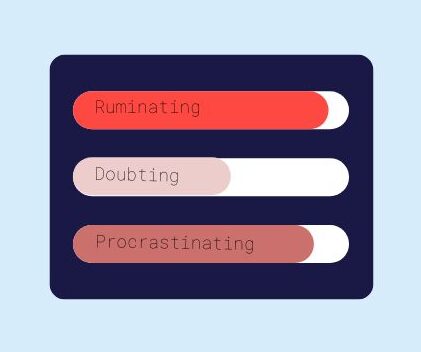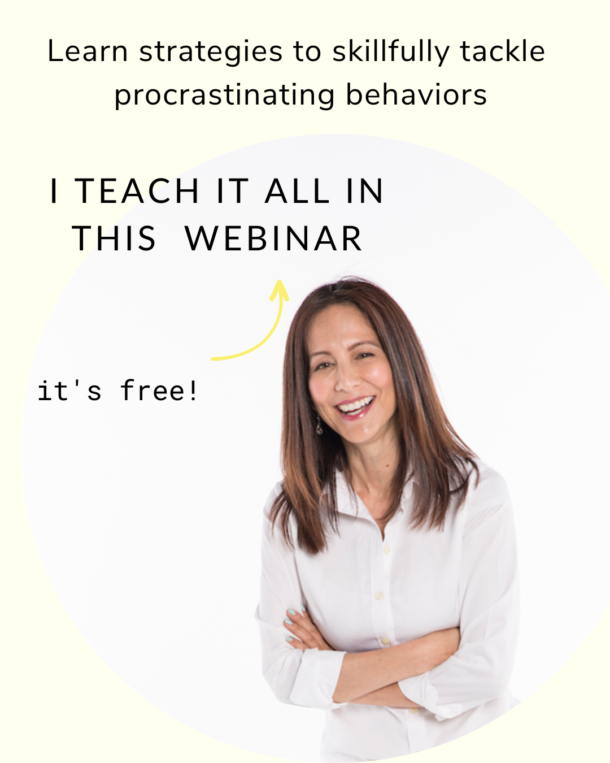
The above situation highlights the notion that when emotions are in control, people approach a situation based strictly on the emotion and not on what is most effective in that particular moment. Behaviors that are driven by an emotion are called “emotion-driven behaviors” which are different from behavioral responses that are consistent with an individual’s personal goals and the result of a conscious choice (strategic-behaviors).
Emotion-driven behaviors are one of the major sources of psychological problems because they’re reactive and only based in short-term results.
For example, Aaron, when someone is tailgating him in the fast lane he thinks, “they shouldn’t be doing that” and “they are making me angry I should get them back”, his chest feels tight and his hands tighten, he then slows down to annoy the driver behind. In the moment, this feels satisfying to Aaron, but afterwards he still finds himself thinking about that person and how they should not drive like that, he is just not able to let it go.

